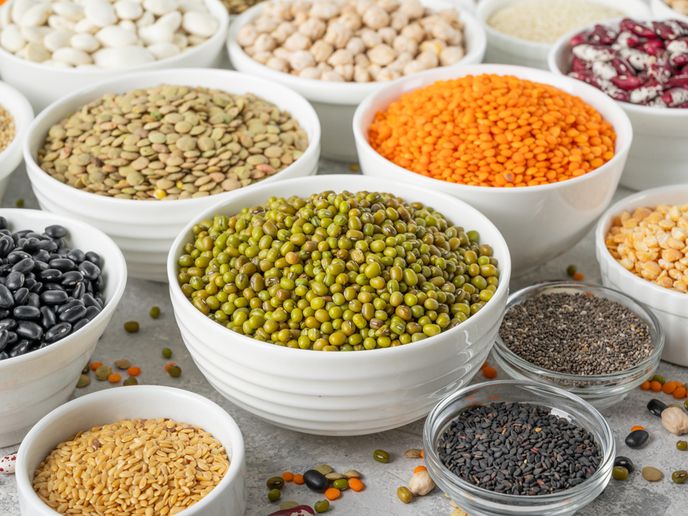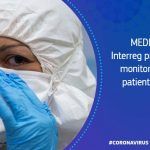EU-funded researchers say chickpeas, fava beans, lentils and quinoa are ideal crops for cultivation in Europe and could help the shift towards a more nutritional, environmentally friendly and sustainable food system.
Not all crops are traded across the globe. Some are only important at a regional level and are typically eaten as part of local diets. Because they aren’t traded internationally, these crops – labelled orphan crops by the western world – tend to receive little attention from crop breeders and researchers and therefore lag behind in terms of modern cultivation methods.
Researchers working for the EU-funded SMART PROTEIN project are now focusing on four of these orphan crops – chickpeas, fava beans, lentils and quinoa – that they think are highly suitable for cultivation on European soil. At present, the crops are mainly produced in Africa, Asia and South America, and imported to Europe.
The project team is studying these crops with the ultimate aim of developing healthy plant-based alternatives to meat. As SMART PROTEIN project coordinator Dr Emanuele Zannini of University College Cork, Ireland, stated in an article posted on the project website, the four crops were selected based on a preliminary investigation conducted by PROTEIN2FOOD, another EU-funded project.
Nutritional and environmental benefits of the four crops
Legumes such as chickpeas, lentils and fava beans are packed with protein, fibre and other nutrients. They can offer a natural and nutritious plant-based alternative to meat. More importantly, in the drive to fight climate change, their cultivation is less harmful to the environment and can help reduce the consumption of animal products. Increasingly popular quinoa contains B vitamins, magnesium and phosphorous as well as all nine essential amino acids. This protein crop is highly resistant to adverse conditions such as droughts and saline soils (soils that inhibit crop growth due to their high salt concentrations). Of all the crops the PROTEIN2FOOD project studied, quinoa was found to be the most suitable crop for cultivation across Europe. “These crops are underutilized. All four crops are important sources for protein and can play an important role in a sustainable diet,” observed Senior Communications Manager Paloma Nosten of SMART PROTEIN partner ProVeg International in a news item posted on the ‘Food Ingredients First’ website.
The SMART PROTEIN researchers aim to develop the next generation of cost-effective, resource efficient and nutritious smart protein foods. To do so, they are focusing on extracting proteins from plants and the upcycling of waste-stream foods such as pasta residues or bread crusts. “These smart proteins will be used to create ingredients and products which are nutritious, trusted, environmentally friendly, and part of a secure and future-proofed supply chain,” explained Nosten. “Potential products and ingredients could include new forms of plant-based meat, fish, seafood, and baked goods, as well as cheese and other dairy products.”
SMART PROTEIN (Smart Protein for a Changing World. Future-proof alternative terrestrial protein sources for human nutrition encouraging environment regeneration, processing feasibility and consumer trust and acceptance) is coordinated by University College Cork and ends in June 2024. The 5-year PROTEIN2FOOD (Development of high quality food protein through sustainable production and processing) project ended in February 2020.







Leave a Reply